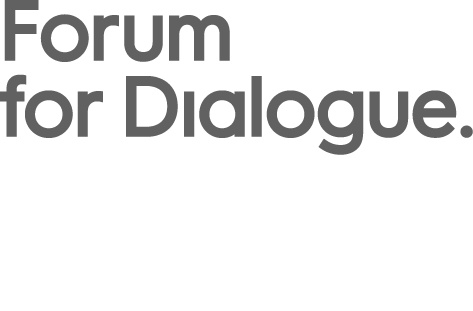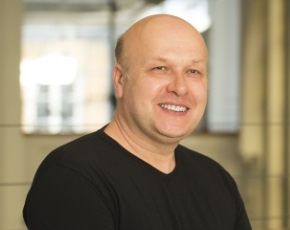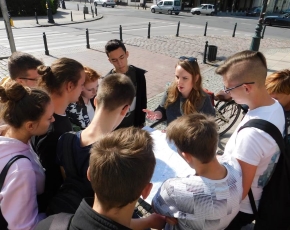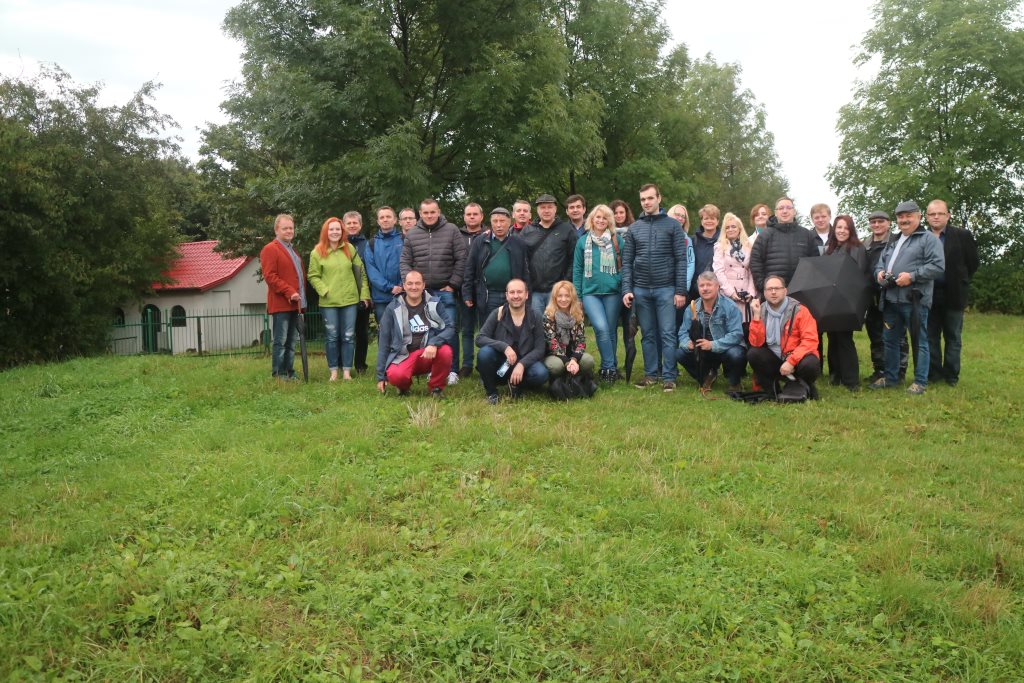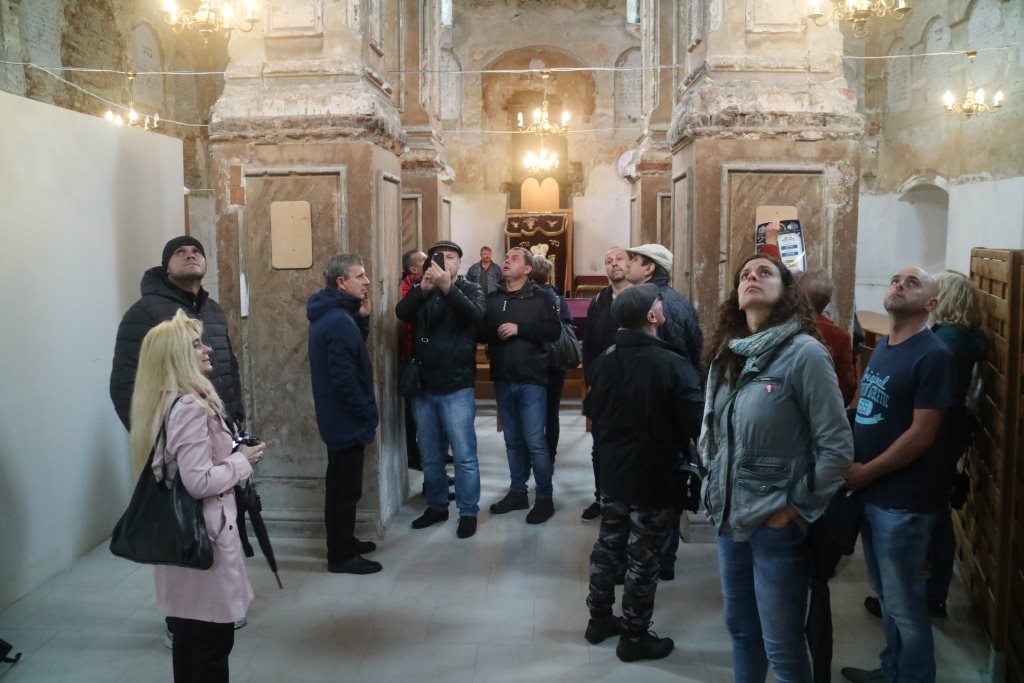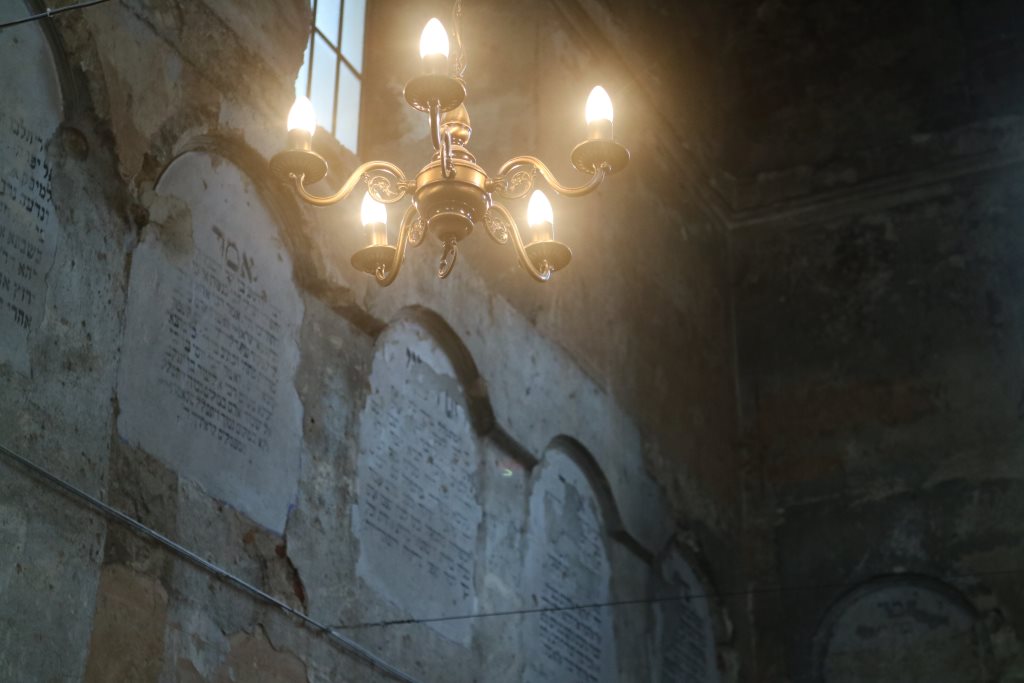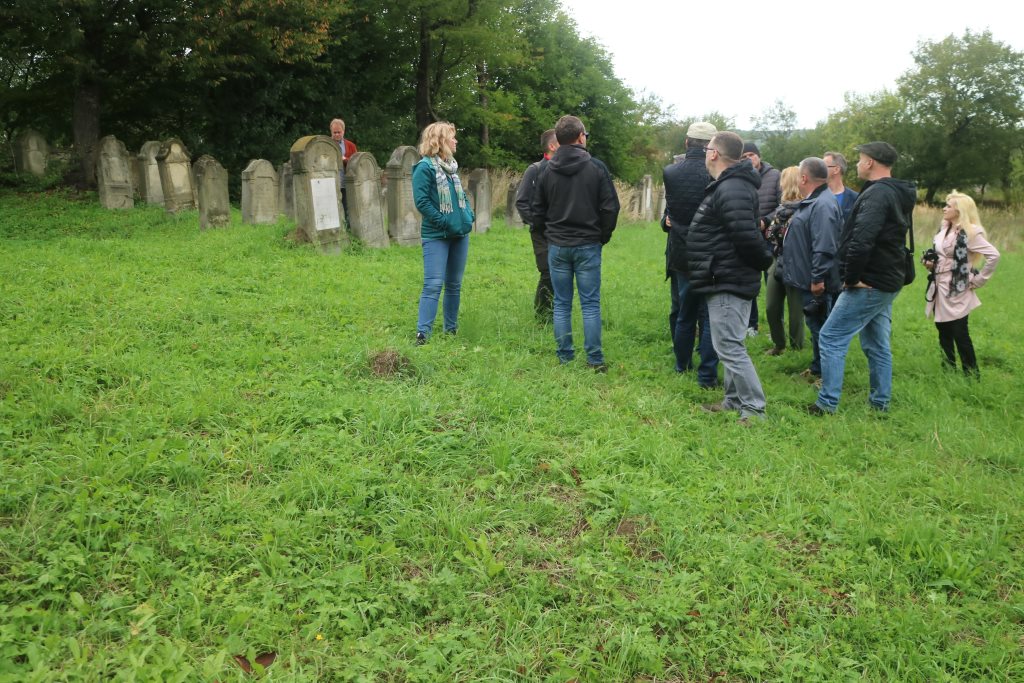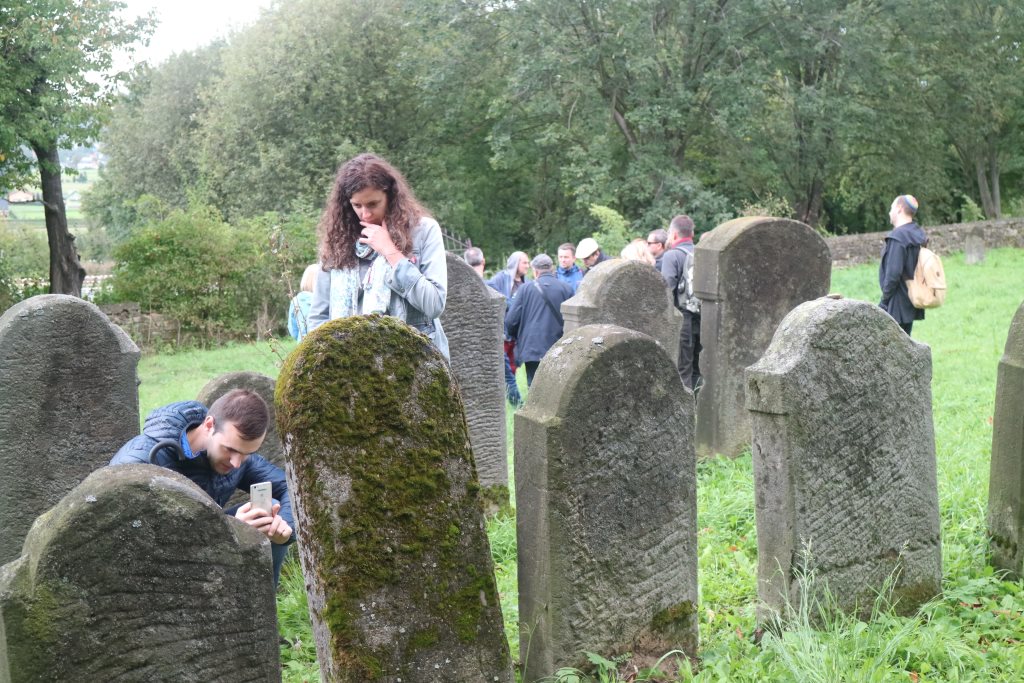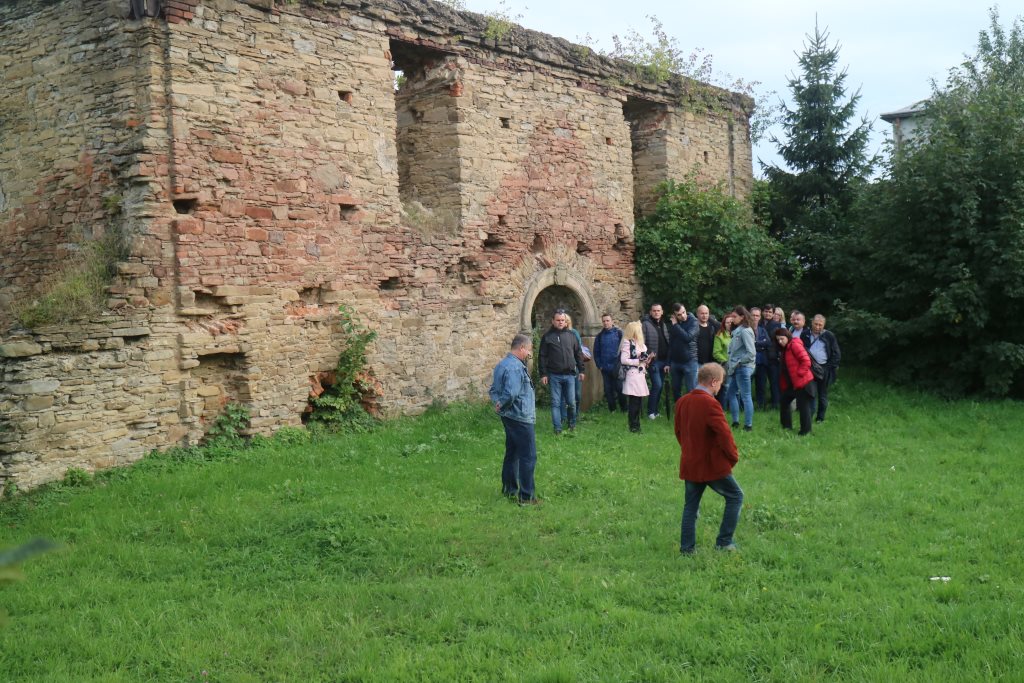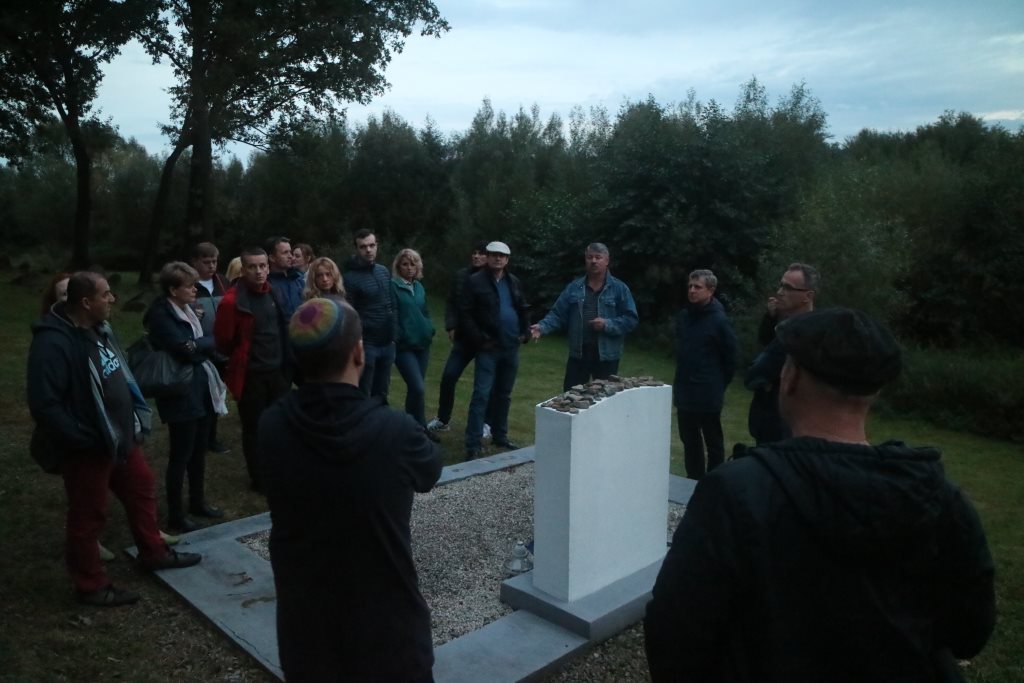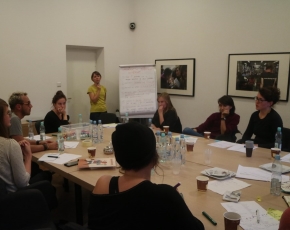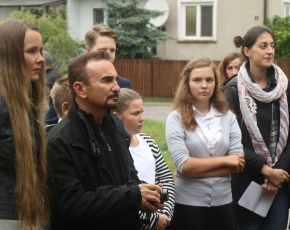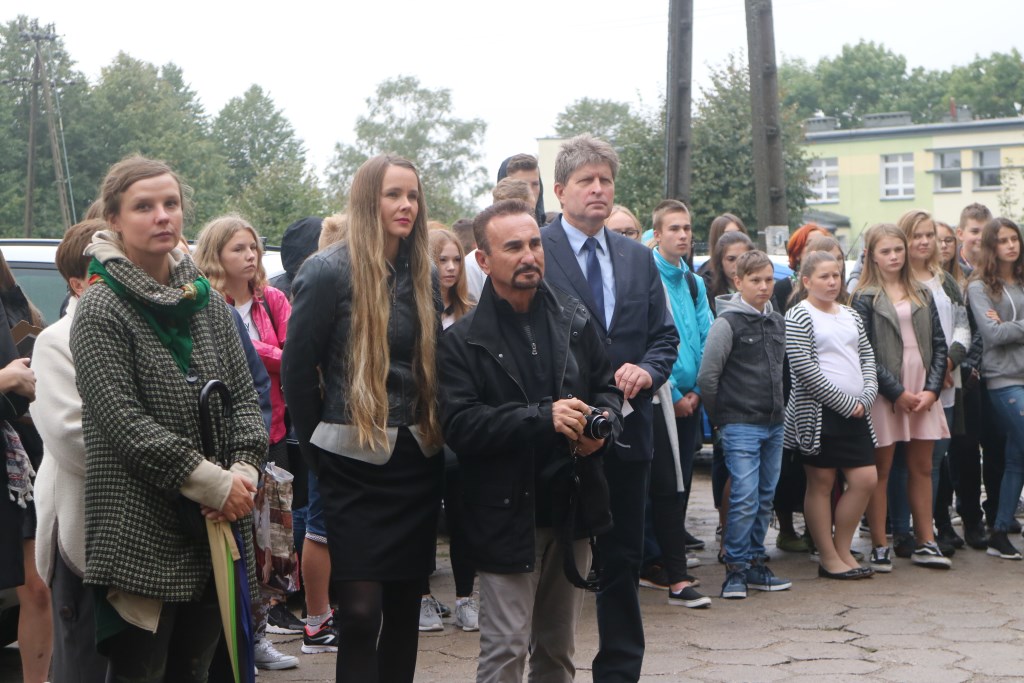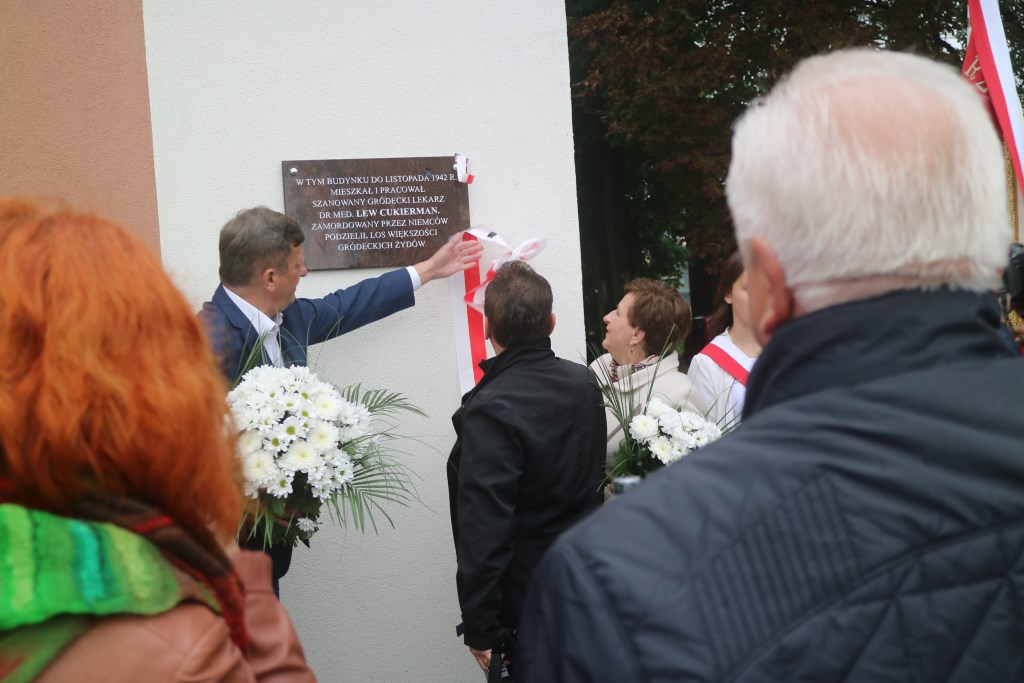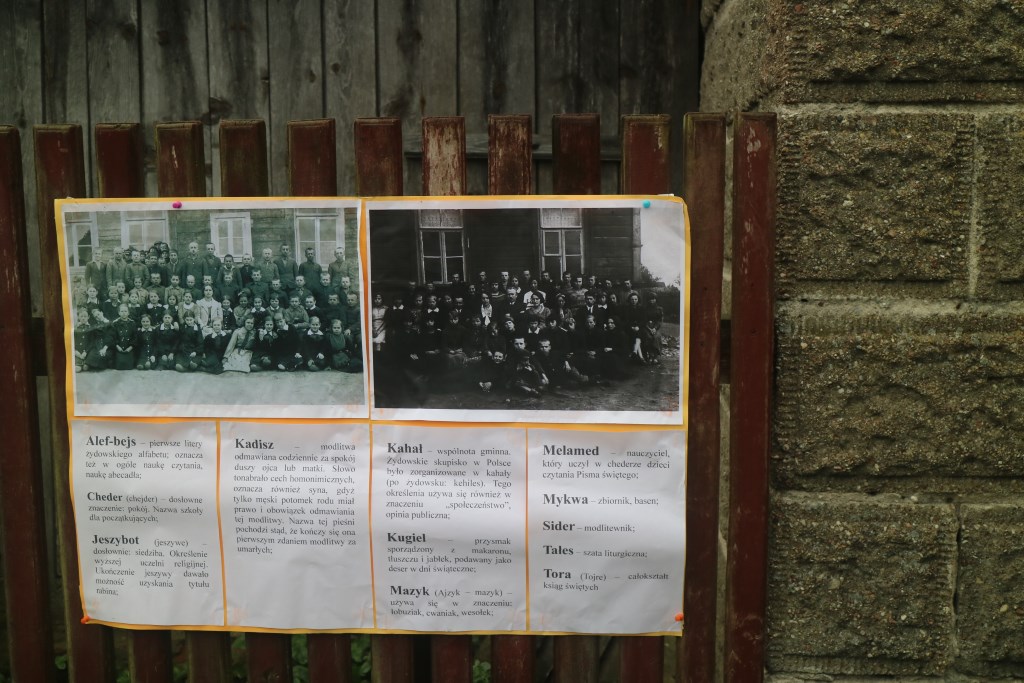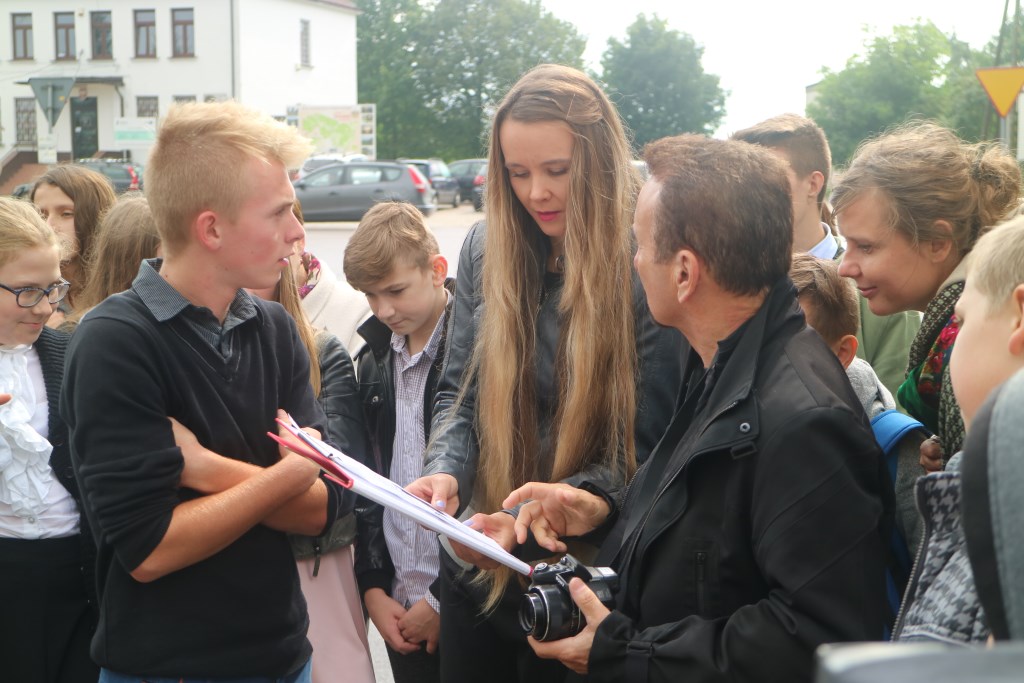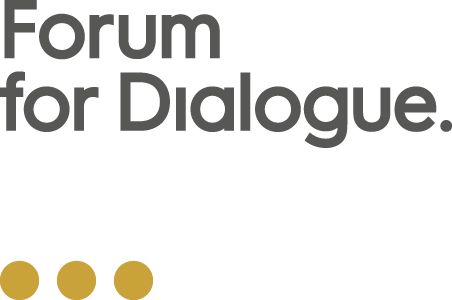From August 7th-11th, 2017, Forum for Dialogue’s representatives participated in the Powell Holocaust Summer Institute, made possible by the vision and investment of the Powell Family Foundation, at the Holocaust Center for Humanity in Seattle WA, USA. Julia Machnowska, the coordinator of Forum’s flagship project School of Dialogue, and Katarzyna Łaziuk, a Leader of Dialogue from Mińsk Mazowiecki, took part in a seminar focused on exchanging experiences and knowledge concerning the methodology of teaching about the Holocaust as means of fighting against prejudice and discrimination.
The program included a variety of excellent lectures, workshops, discussions and site visits, including, among others, an inspiring conversation with Alexandra Zapruder, author of Salvaged Pages, about using diaries and personal narratives in the classroom, as well as a great lecture by Tatyana Tsyrlina-Spady about Janusz Korczak and his legacy today. Another highlight of the Summer Institute was the meeting with Tom Ikeda from Densho, a grassroots organization educating about the internment of Japanese Americans during the Second World War.
For their part, Forum’s delegates had an opportunity to share their unique experiences and highlight the Polish perspective on the program’s main topics. Katarzyna Łaziuk gave an account of the projects created by her students and residents of Mińsk Mazowiecki. Julia Machnowska presented the School of Dialogue program, focusing on its impact on social change in Poland.
Both participants from Poland feel that the seminar was an amazing opportunity for mutual learning, sharing experiences and broadening one’s horizon thanks to the global context of the program.
Julia Machnowska and Katarzyna Łaziuk’s participation in Powell Holocaust Summer Institute was enabled by the generous support of Nancy Powell and Carol Heller.
